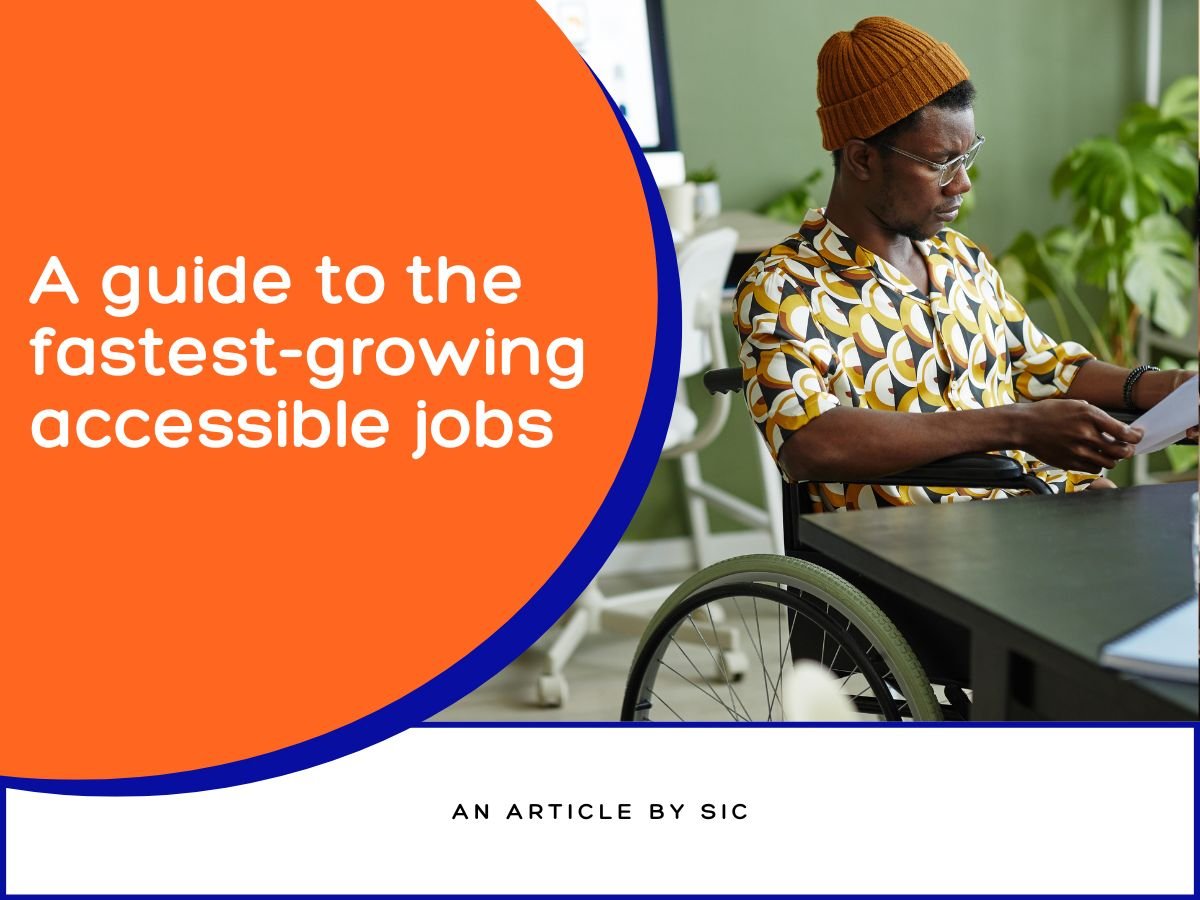What Does Long Covid Mean For The Future Of Healthcare?
For those of us in the U.K., we are now coming up to one year of Covid. We are currently in our third lockdown, this time around seeing our most cases. Even though most of these new cases don’t end up in our A&E (thank goodness) there is a good chance that once this is all over, they will end up in our healthcare system anyway.
Long Covid has already been documented throughout 2020, and it is showing no signs of slowing down. With benign tumours being reported as due to Covid, the loss of smell and taste remaining past the few weeks expected time frame and thyroid problems on the rise, we are only at the beginning of knowing how Covid will affect us over the next few years.
What are the main symptom being reported? Dizziness, joint pain, brain fog are among them… also including the fabled Chronic Fatigue (extreme fatigue), an illness so mysterious, that up until now many doctors refused to believe was even real. It doesn’t show up on blood tests, it’s a no show on x-rays or MRIs, and there are no visible signs a DR. can see with their own eyes.
So what does the increase in cases of Chronic Fatigue mean for our healthcare system?
We all know the struggle the NHS is under when covid isn’t happening, so it’s more than likely this is going to continue afterwards too, especially if everyone who is still not feeling well are seeking out diagnosis and medical help.
But it’s not all going to be negative for our community, and as awful as the thought of so many more thousands of people suffering from Chronic Fatigue is- many of us wouldn’t wish it on our own worst enemy… OK, maybe for like a few days or weeks, but not forever- there are going to be some positives that come out of this:
Research. We all know that the more people diagnosed, the more people this impacts, the more money can be allocated to research. Whether it’s government-funded or privately funded (think big pharma) there will be a need, and big interest, in figuring out the core biology of Chronic Fatigue. (There is a big thing on this probably being for profit, especially if there is a medication that can be developed to help, but this is a whole other conversation!)
Attitudes of others surrounding invisible illnesses also have the opportunity to change. There is going to be more in the mainstream media the more common post-Covid Chronic Fatigue is, more people will know someone who has it or know of someone who has it. We have an opportunity to really open up conversations about the realities of living with extreme fatigue, and the many other symptoms being linked to long covid.
Working from home is only set to increase this year, and I find it hard to think that a company who has invested in what will be 2 years of home working setups by the end of 2021 is going to force everyone back into the office. I know we have all been shouting out about it for years, but it’s happening, no matter how it came to it, and we need to prove it works so we can fight for it to remain this way post-pandemic.
There is a lot we still don’t know about how Long Covid is going to change the way we live, one thing we do know though, is that for the sake of all the people now entering the chronic illness community, we can’t allow the conversation about disability and invisible illnesses to be swept under the carpet because it continues to make people uncomfortable.











